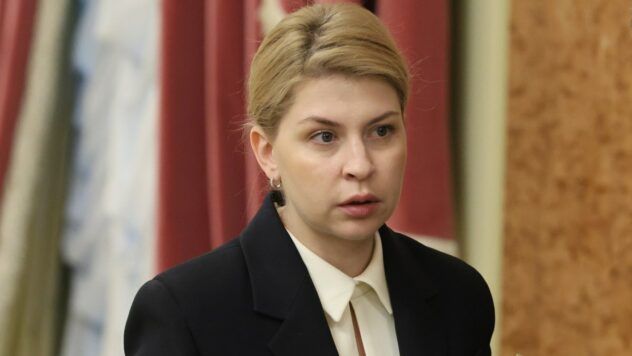
On July 9, Deputy Prime Minister for European and Euro-Atlantic Integration – Minister of Justice Olha Stefanishyna called the ECHR decision on the case of Ukraine and the Netherlands against Russia “unprecedented.”
She wrote about this on her Facebook page.
The ECHR decision is the largest condemnation of an aggressor in the history of the Council of Europe
Stefanishyna emphasized that 26 countries, public organizations, the MH17 Air Crash Fund and individual applicants have joined this case as third parties.
Now watching
– Incredible. The European Court of Human Rights has issued an unprecedented ruling in the Ukraine-Netherlands v. Russia case – the largest condemnation of an aggressor in the history of the Council of Europe and, perhaps, in modern history, – she wrote.
According to the Deputy Prime Minister, in none of the previous conflicts was there such unanimous condemnation by the international community of the blatant disregard for the principles of the international legal order established after the Second World War.
She explained that although Russia was expelled from the Council of Europe in March 2022 due to a full-scale invasion of Ukraine, this does not mean that the Convention on Human Rights has ceased to apply to Russians.
– The Convention contains an important norm: when a state is excluded from the Council of Europe, the Convention continues to apply to it for six months. Therefore, the ECHR established a violation until September 16, 2022 – the moment of the final termination of the Convention for the Russian Federation, – she added.
Now, according to the Deputy Prime Minister, other international legal mechanisms will have to be used to hold the aggressor accountable.
Stefanishina stressed that such unprecedented violations “could not have been carried out without the direct approval, encouragement and support of the highest authorities in Russia.”
“The actions of representatives of the Russian state were not limited in any way – large-scale violations of human rights were carried out on a huge scale without any punishment as part of a far-reaching administrative system,” the minister believes.
In her opinion, expecting justice in Russian courts is the same as living in illusions, because they completely deny their country’s involvement and refuse to cooperate.
And although the issue of compensation under Article 41 of the Convention is still under consideration, it should take into account the creation of the Register of Damages by the Council of Europe and the ongoing discussions on the future compensation mechanism, Stefanishyna notes.
She stressed that this decision was “a fundamental step towards justice and the restoration of international law.”
The Minister promised that the Ministry of Justice will continue its uncompromising fight to hold the Russian Federation accountable through all available international judicial mechanisms.

